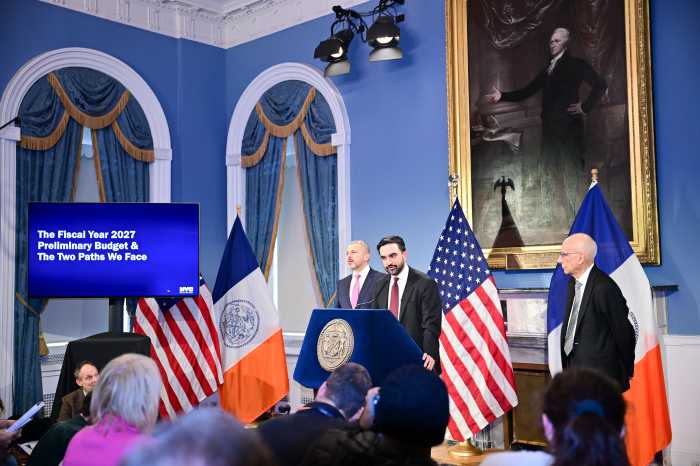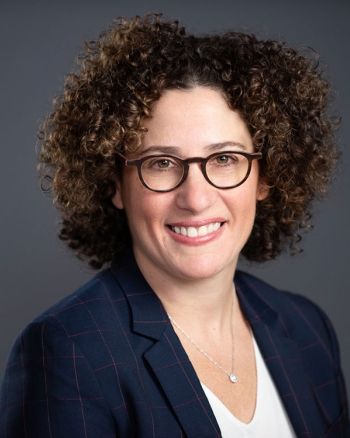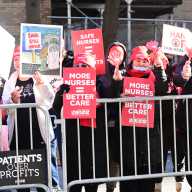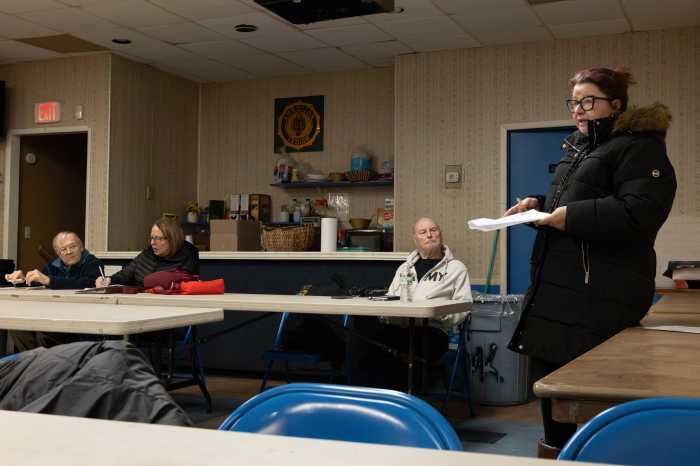We are confronted with a dire need to invest resources to address an employment crisis. With the New York State budget deadline fast approaching, the support and well-being of individuals with intellectual and developmental disabilities (I/DD) is at risk. Often overlooked, 11% of New Yorkers are living with an intellectual or developmental disability. Each person with a disability deserves and has the right to a healthy, fulfilling and inclusive life, all of which is made possible by the support of family members, doctors, teachers and the essential service workers known as Direct Support Professionals (DSPs).
The programs and services these individuals depend on are vital to the livelihood, dignity and success of the 140,000 people receiving them and their families–all made possible by DSPs. Supporting those with disabilities requires that we support those who work most closely with them. However, a decade of underfunding these services has left frontline workers grossly underpaid, making it difficult to recruit and retain staff, jeopardizing the ability to provide the optimal level of care and ultimately limiting opportunities for community inclusion.
Trained DSPs and other frontline staff do more than provide support; they provide hope and create opportunities. Their relationships with individuals help facilitate skill acquisition and independence. For example, DSPs teach individuals to engage in fundamental experiences such as learning the skills to have social conversations, being able to speak on one’s own behalf, taking the bus or subway, applying for, and securing a job, participating in community activities or other life and personal care skills to be independent. How can people with intellectual and developmental disabilities reach their potential and achieve their dreams without the life-changing support of quality service providers who are committed to recruiting and retaining a compassionate workforce?
A recent study of DSPs in New York by New York Disability Advocates (NYDA) and Miami University found that half of DSPs experience food and housing insecurity. It is unconscionable to think that after spending long hours attending to the physical and emotional well-being of someone with special needs an essential worker is then faced with the stress of putting food on the table and finding shelter for their own families. We can and must do better. This sector cannot be supported by passion alone.
Every year it becomes more and more challenging for developmental disability service organizations to recruit qualified DSPs and other essential staff as inflation outpaces the funding for wages. Without a sustainable workforce, individuals with disabilities will lose access to care, opportunities to grow and basic human rights. If not-for-profit organizations cannot provide essential services, families will have no choice but to bear the impossible financial and logistical burdens themselves. The tens of thousands of people who dedicate their lives to this community deserve to be paid a wage that honors and recognizes the complexity of their jobs and their value to our society.
Government funding is critical for the not-for-profit organizations that serve 85% of individuals with intellectual and developmental disabilities in New York. The historic lack of investment from the government has resulted in many disability service agencies now offering compensation barely competitive to that of most fast food and retail companies. An insufficient Cost of Living Adjustment (COLA), coupled with the lack of wage enhancement, fails to address the economic disparity of workers in our field. This hinders the sector’s ability to recruit and retain qualified professionals when they could make more money doing an easier job elsewhere. The safety and quality of services provided require an affordable solution.
New York Disability Advocates, along with other advocates across the state, are calling on Governor Hochul and the legislature to include the full 3.2% COLA for not-for-profit intellectual and developmental disability providers to be utilized for the increase in operational costs such as food, transportation, medical supplies, utilities and insurance. Furthermore, we ask that the budget includes the adoption of a Direct Support Wage Enhancement (DSWE) to bolster wages for all our frontline workers. This is essential for recruitment, retention, and most importantly, recognition of the value of our DSPs and other frontline staff.
These measures are critical in enabling providers to maintain programs and services, while also helping to rebuild and invest in the workforce needed to sustain them. These actions can have a significant impact and should be an easy decision to enact. If you agree, call or write your NYS Assembly Member and Senator to ask them for their support.
We must remember that this is not just a financial decision – it’s a social justice matter. It’s time to prioritize the well-being and dignity of individuals with disabilities, the Direct Support Professionals and other frontline staff who support them so that we may continue to advance a more inclusive and equitable New York.





































